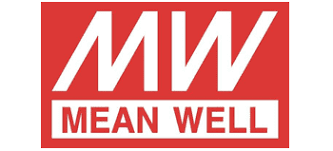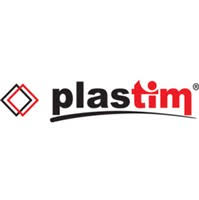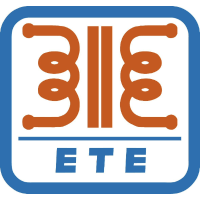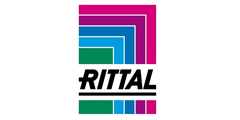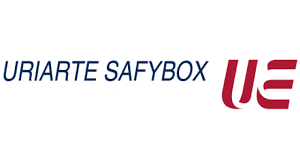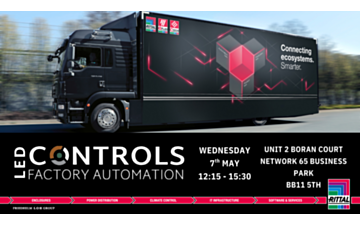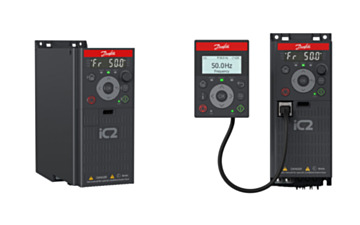4 top benefits of programmable logic controllers

Programmable logic controllers (PLCs) are indispensable in factory automation, providing a robust and adaptable way to control industrial processes. Originally developed to replace relay-based systems, modern PLCs provide enhanced control, increased reliability, and a simplified programming experience compared to traditional systems. That’s why we’re proud to offer a great range of programmable logic controllers right here at LED Controls, from an array of leading manufacturers such as ABB and IMO. And of course, they’re all available at the very best prices.
If you’re considering integrating them into your own operation, here are four key benefits that make PLCs an essential tool for today’s automated facilities.
Increased reliability and durability
One of the most important advantages of PLCs is their exceptional reliability in industrial environments. Unlike general-purpose computers, PLCs are purpose-built for rugged conditions, making them particularly resilient to factors such as temperature fluctuations, dust, electrical interference, and mechanical vibration. This durability means that they can withstand the physical stresses found in many manufacturing environments where conventional computers might fail.
This robustness translates to lower maintenance needs, which in turn minimises downtime. Reduced equipment failure and fewer required repairs also cut down on maintenance costs, an essential consideration for any factory aiming to maximise production while minimising operational expenses. Because PLCs are less likely to fail under harsh conditions, they ensure greater uptime and operational stability, directly impacting production output and consistency.
Enhanced flexibility and scalability
Modern manufacturing environments are in a constant state of change as they respond to evolving demands, market trends, and technological advancements. PLCs provide a level of flexibility that enables factories to adapt to these changes efficiently. A core benefit of PLCs is that they can be easily reprogrammed, allowing for quick adjustments to production lines without the need for complex rewiring or hardware changes. For instance, a production line could switch from one product variant to another simply by updating the PLC program, making them ideal for industries where product variation is frequent.
In addition to flexibility, PLCs offer scalability. Whether a factory is expanding its operations, introducing new machinery, or modifying existing workflows, PLCs can be scaled to match these changes. The modular nature of many PLC systems means that inputs and outputs can be added or removed as needed, supporting both small and large-scale automation setups. This adaptability ensures that PLCs can grow alongside a business, providing a future-proof automation solution that eliminates the need for frequent, costly system overhauls.
Real-time monitoring and control
For modern factories aiming to optimise every step of their production processes, real-time monitoring and control are essential. PLCs excel in this area, enabling rapid response to any changes, faults, or irregularities in the system. With PLCs, operators can track key metrics such as machine status, production speed, and fault occurrences in real-time, giving them a clear overview of operations at any given moment. This immediate insight allows for quick corrective actions that help prevent minor issues from escalating into costly problems.
Real-time control also ensures effective quality assurance, as PLCs can adjust operations instantaneously to maintain production standards. For example, if a sensor detects a product defect or deviation in quality, the PLC can trigger corrective actions or even shut down a line, safeguarding product integrity. What’s more, collecting data over time enables factories to identify performance patterns and optimise workflows, so that operators can enjoy sustained efficiency gains and enhanced quality control.
Cost-effectiveness in automation
One of the standout benefits of using PLCs in factory automation is their cost-effectiveness. Although the initial investment in PLC hardware and software can be significant, the long-term savings make them a financially sound choice. PLCs consolidate multiple functions – such as data collection, monitoring, and control – into a single system, reducing the need for separate devices and streamlining the automation process. This all-in-one approach lowers overall hardware costs while simplifying system management.
Maintenance and troubleshooting are also easier and less expensive with PLCs. Their programming is straightforward and can often be handled by in-house staff, saving on external labour costs. Furthermore, PLCs are designed with diagnostics tools that can quickly identify and pinpoint issues, enabling swift repairs that reduce system downtime.
That’s all the key elements covered! You can explore our full range of programmable logic controllers right here on our site, or if you’ve got any questions or need any advice, don’t hesitate to get in touch with our team. You can send us a quick message on our contact form, or give us a call on 01706 242050. We’re always here to help!












